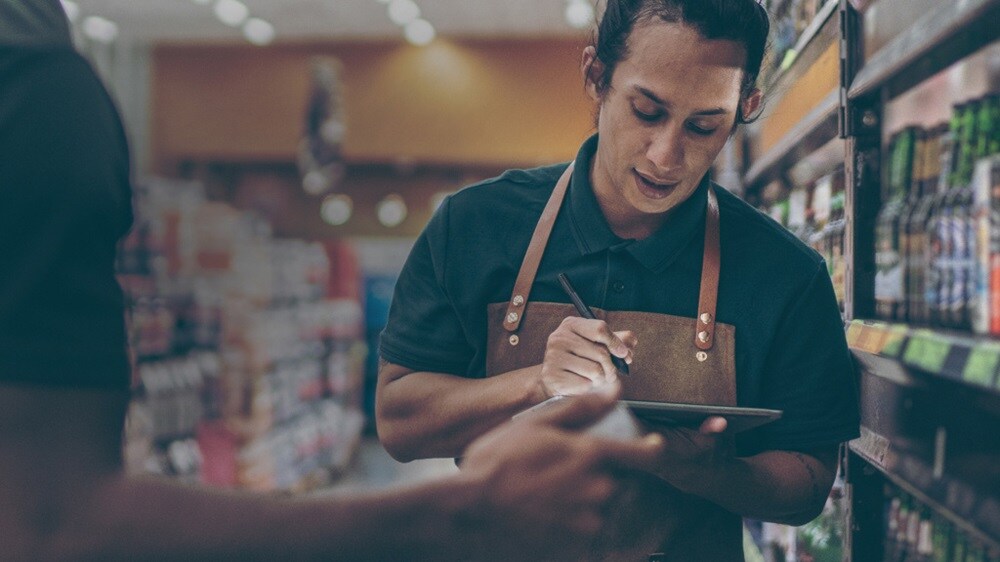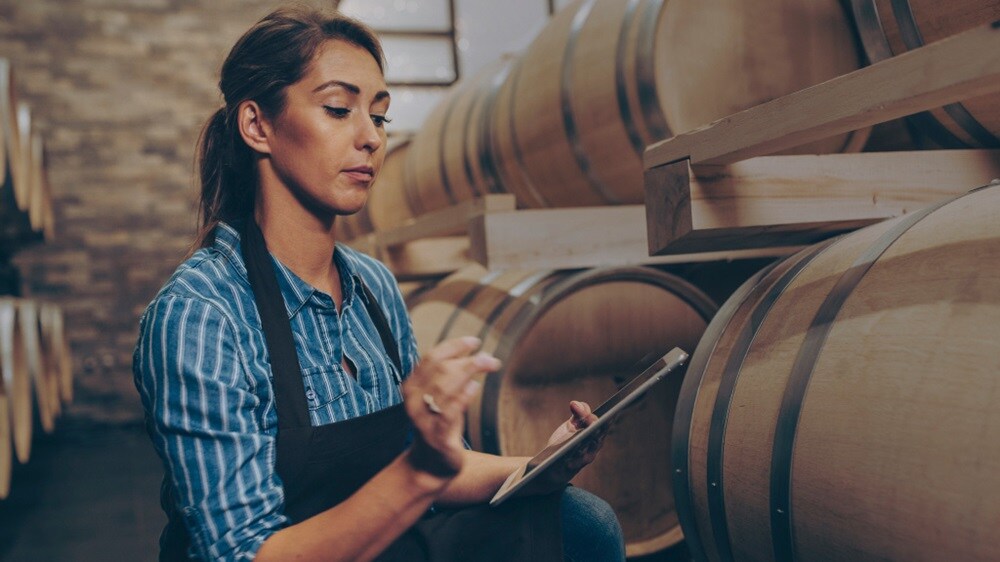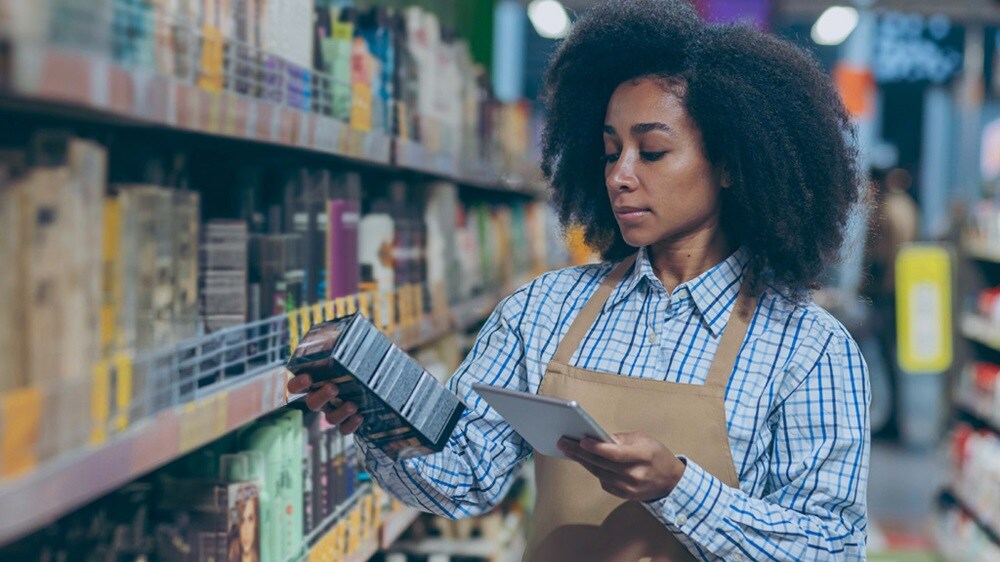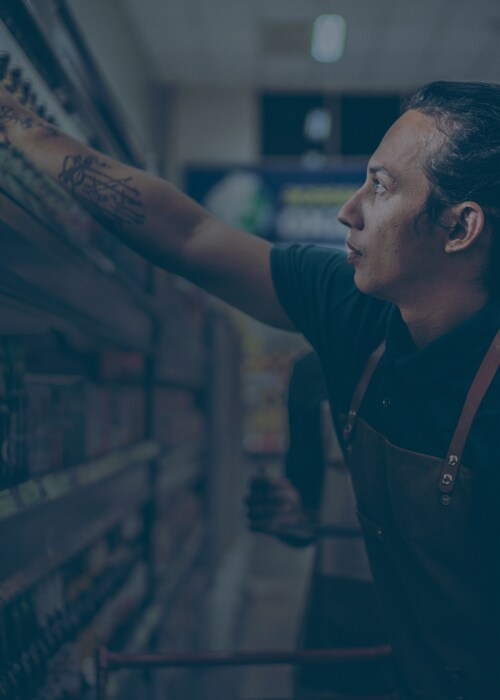
Is agility an issue in your supply chain?
Omni-connect your lead logistics to ensure timely, in-full delivery.
Do you have a plan in place to get your FMCG products to your customers?
FMCG supply chains are often fragmented and complex. This means that there’s always a chance of encountering unforeseen disruptions or delays. In this situation, planning ahead is crucial to always getting your products to the right customers at the right time. After all, the success of your business hinges on your ability to deliver on time, in full.
To stay ahead in the competitive FMCG industry, you need a truly connected logistics setup. Our Lead Logistics service connects your supply chain management and logistics to help you have a plan in hand to handle any contingencies. It offers global operations networks, owned-asset control, digital technology, multiple provider coordination and solutions that can be tailored to meet your needs.
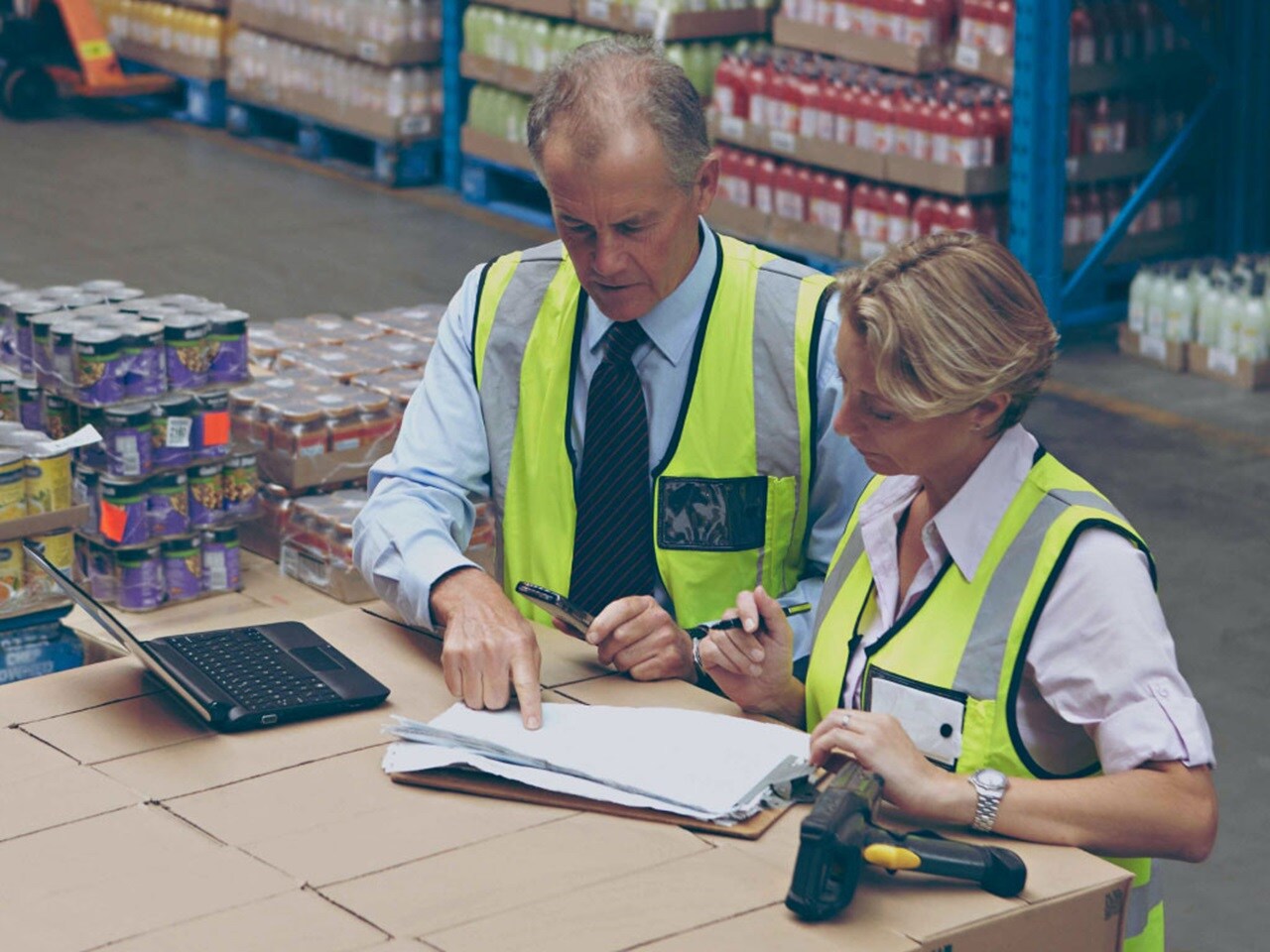
Benefits of Maersk Lead Logistics for your FMCG business
Covering your supply chain needs, end to end
With our integrated logistics solutions, you can stop worrying about managing your supply chain and concentrate completely on growing your FMCG business. Make the most of our end-to-end services, digital solutions and global network to deliver your products as planned.
No matter what your FMCG product is, we’ve got your logistics needs covered
Contact us to learn more
Thank you for providing your details.
Please be aware that if you’re new to Maersk, you’ll first receive an email to verify your information before we can reach out.
If you want easy access to our products and services, you can also create an account here:
Get started很抱歉,发送您的联系请求时出现问题。
请查看表单字段,确保所有已正确填写所有必填信息。如果问题仍然存在,请联系我们的支持团队以获得进一步的帮助。
